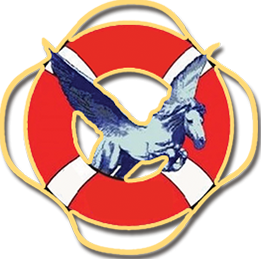
It’s the shortest and fastest route between Asia and Europe—saving up to 15 days of sailing time compared to the Cape of Good Hope route, which reduces fuel and operational costs.
Yes, the Suez Canal operates 24 hours a day, 365 days a year, ensuring smooth and uninterrupted global trade.
Ships must submit registration, seaworthiness, and insurance certificates, along with crew lists, cargo manifests, and a prior ETA notice before arrival.
An Estimated Time of Arrival (ETA) must be sent at least 72 hours in advance to ensure proper scheduling and clearance with Egyptian authorities.
Fees are based on the vessel’s Suez Canal Net Tonnage (SCNT) and ship type, as defined by the official Suez Canal Authority (SCA) tariff.
Yes. The Suez Canal Authority regularly offers rebates and discounts for certain trade routes, vessel types (e.g., LNG carriers, container ships), and long-haul services to promote competitiveness.
Applications for rebates should be submitted to the Suez Canal Authority’s Planning and Research Department or via your shipping agent, with voyage details and supporting documents.
Ships must submit all required documents and send ETA updates 72, 48, and 24 hours before arrival. Coordination with the local shipping agent is essential for a smooth berthing process.
Communication is maintained through VHF channels and email notifications handled by the ship’s agent. The agent coordinates with Port Control and relevant authorities for clearance and berthing arrangements.
All major Egyptian ports provide mandatory pilotage services to ensure safe navigation. Certified pilots are assigned upon vessel’s arrival and assist during berthing and departure.
Yes. Egyptian ports offer bunkering, fresh water supply, provisions, waste collection, and minor maintenance works, all arranged through authorized port service providers.
Yes. Egypt offers a range of ship repair and dry-dock facilities, particularly in Port Said, Alexandria, and Suez, with specialized yards for hull maintenance, engine repairs, and painting.
All crew members must comply with port health and immigration requirements. Crew change, shore leave, and medical assistance must be arranged through the vessel’s local agent.
In case of emergency, vessels should contact Suez Canal Authority traffic control or their local shipping agent for immediate support and coordination.
Yes. Ships must comply with MARPOL and ISPS Code requirements. Discharging oil, waste, or ballast water is strictly prohibited, and vessels should maintain communication with Port Control on VHF for security and clearance updates.
WhatsApp us